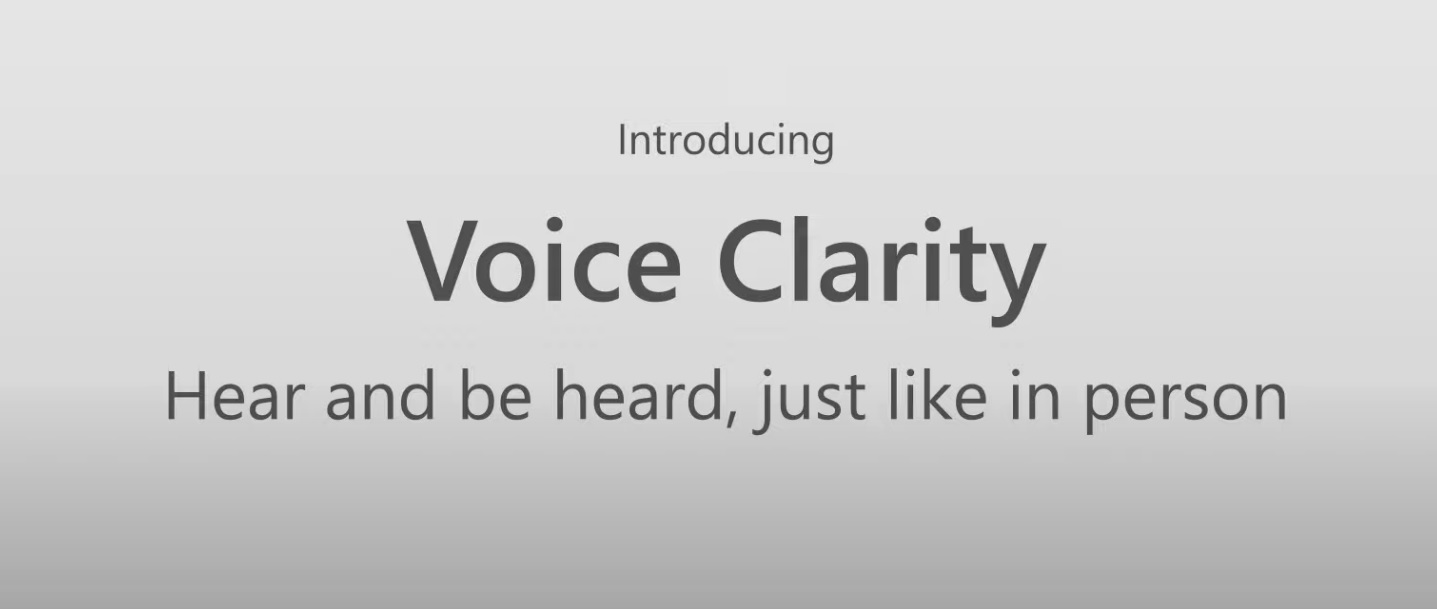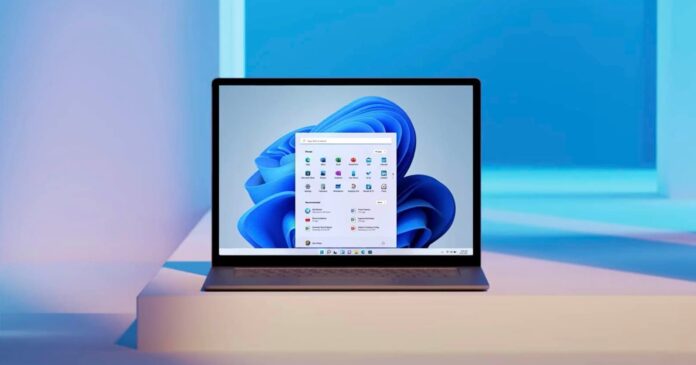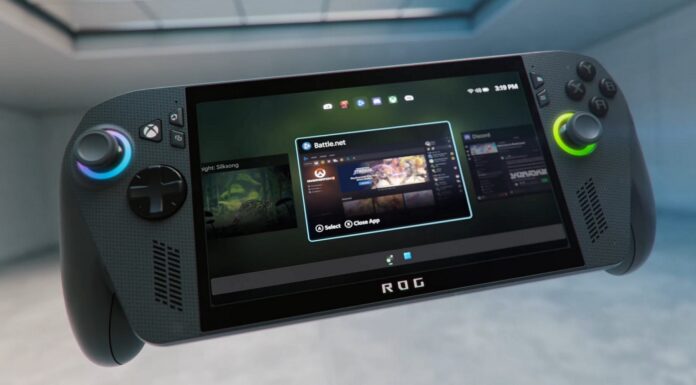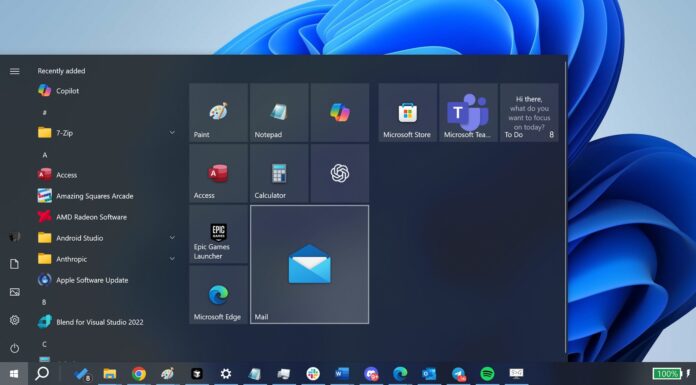During the hybrid work event, Microsoft announced new features for Windows 11, including tabs in File Explorer and a new way to improve voice clarity in apps like Microsoft Teams or Skype. This feature is apparently called “Voice Clarity” and it’s currently available for select PCs only, but it is expected to launch on more hardware in the coming months.
One of the most compelling new features of Microsoft Teams is its noise cancellation. Teams uses its AI and ML-powered noise cancellation feature to block the sound of the world around you, so you can easily focus on your meetings,
Microsoft wants to add a similar feature to Windows 11 with Voice Clarity. Unlike Teams noise cancellation, which is baked into the Teams app, Microsoft’s new Voice Clarity feature works at the OS level and it aims to capture the entire audio spectrum of your audio at higher bandwidth.
It also uses advanced echo control to reduce background noise, so people in Teams or Skype can hear each other clearly. Voice Clarity is also dependent on the hardware to integrate signals from multiple microphones.

During the event, Microsoft said Voice Clarity will only work on Surface Laptop Studio. However, this advanced processing capability could also come to more devices.
At the moment, it only works on Surface Laptop Studio and it’s rolling out in the latest firmware update.
Unlike other meeting-centric features announced during the event, Voice Clarity does not require a Neural Processing Unit (NPU). The Surface Laptop Studio doesn’t have NPU, so it’s safe to assume that Voice Clarity could come to more devices not having NPU, but we don’t know when it will arrive on non-surface products.
On its support documentation, Microsoft noted that ‘Voice Clarity is exclusive to Windows 11 and *currently” available on Surface Laptop Studio.
Of course, you’ll need newer hardware to make the most out of the Voice Clarity features.
Other features announced at the event, such as tabs in File Explorer, contextual suggestions, and better Focus Assist will also not require any changes to the existing configuration.
However, features like support for eye correction, background blur and automatic framing will need an NPU and only modern devices like ThinkPad will have access.





















